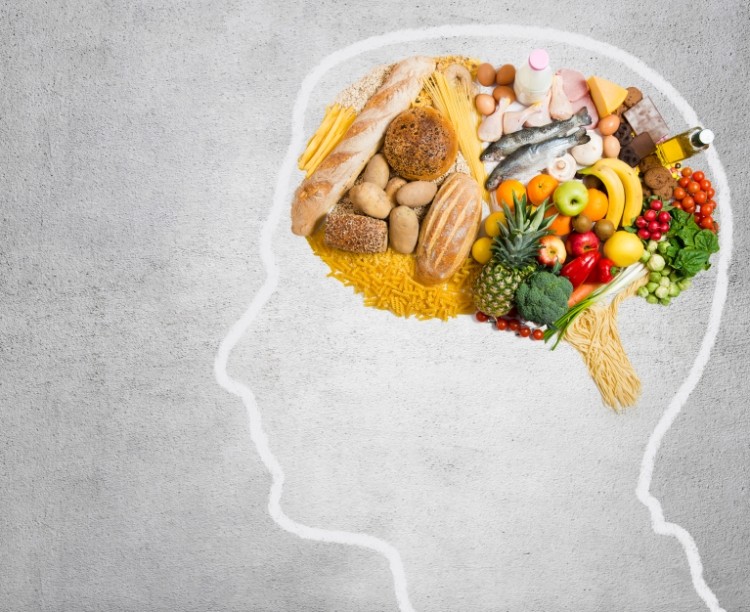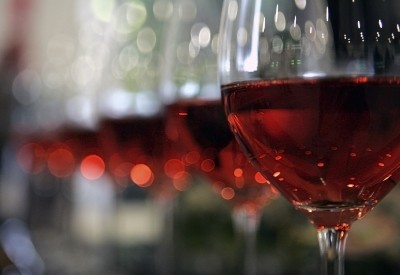The apéritif effect: Alcohol’s impact on the brain’s response to food aromas

Alcohol sensitizes the brain’s response to food aromas, rather than relying entirely on the digestion and absorption of alcohol in the gut, say researchers from Indiana University School of Medicine.
The authors say their study is the first to bypass the digestive system and put alcohol directly into the blood stream, revealing more about alcohol’s links to the brain.
Hypothalamus involvement
Alcohol exposure increases the brain’s sensitivity to food aromas and other cues, and therefore can result in increased food consumption.
Researchers took 35 women at a healthy weight. They administered alcohol intravenously in one session, and then a placebo (saline) in another.
Participants were then given food, either pasta with ground beef and Italian tomato sauce (5.34 kJ-1) or noodles with shredded beef and gravy (5.48kJ -1). Each was served in a deep, black, slanted bowl to minimize the appearance of excess food, and participants were invited to eat until full.
Participants ate more food on average when receiving intravenous alcohol, compared to the placebo. However, one-third of participants ate less after alcohol exposure.
The hypothalamus – the area of the brain responsible for some metabolic processes – responded more to food odours after alcohol infusion (compared to saline).
Researchers therefore conclude the hypothalamus may have a role in adjusting sensitivity to food cues, and therefore contributing to the aperitif phenomenon. It contributes to the research on neural pathways involved in food and alcohol consumption.
“Using functional magnetic resonance imaging (fMRI), we evaluated the blood oxygenation level dependent (BOLD) response to the food aromas of either roast beef or Italian meat sauce following pharmacokinetically controlled intravenous infusion of alcohol,” wrote William Eiller II, lead researcher, in the study.
“Our study is the first to bypass the digestive system by infusing the alcohol pre-load directly into the blood stream, and is thus more specific for brain exposure.
"Circumventing the digestive system may account for the reduced effect of the alcohol pre-load on consumption; however, increased food intake is still present even in the absence of alcohol absorption within the digestive tract.
“This suggests that the mechanism underlying increased food consumption following an apéritif does not rely entirely on the interplay of alcohol and gut, but includes a contribution of brain exposure to alcohol.”
The study has been published this month in the journal Obesity, which is published by The Obesity Society.
Further studies should research the mechanism in which the hypothalamus affects food reward, added Eiler.
Source: Obesity, Volume 23, 7, July 2015. DOI:10.1002/oby.21109
Title: 'The Aperitif effect: Alcohol's Effects on the Brain's Response to Food Aromas in Women.'
Authors: W. Eiler, M. Dzemidzic, K. Case, C. Soeurt, C. Armstrong, R. Mattes, S. O'Connor, J. Harezlak, A. Acton, R. Considine, D. Kareken.








